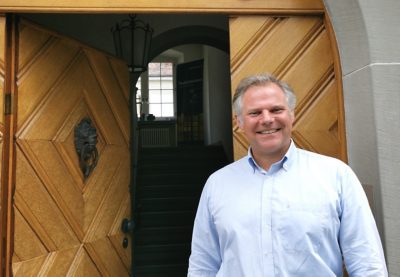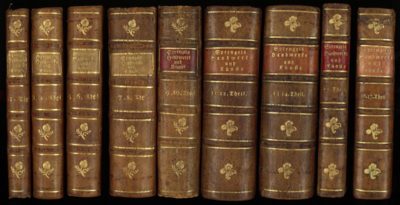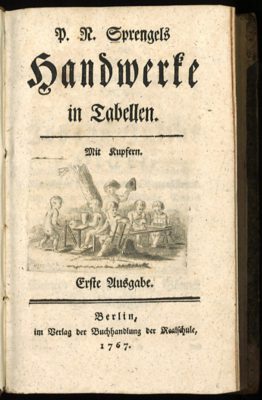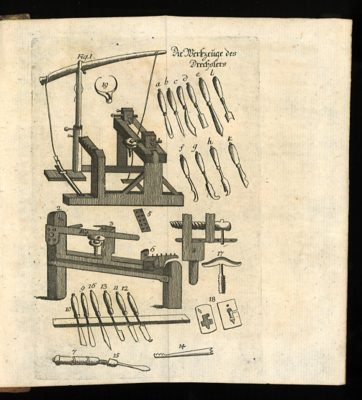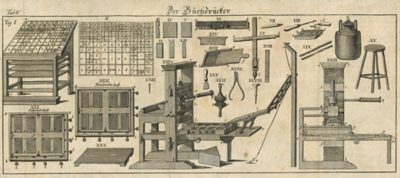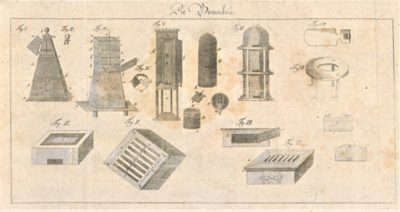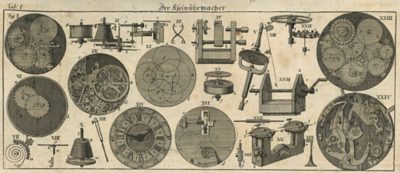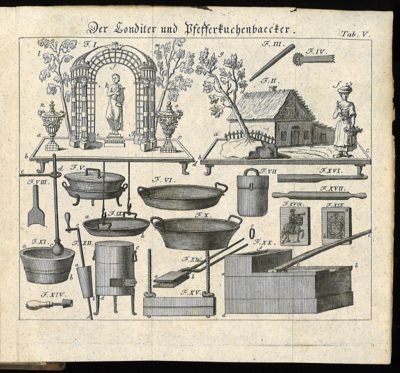The document in which I would like to play a role…
...would be on the theme of my stay in the Iron Library, the film 'Honeyland' (2019). In a declining village in Macedonia, Hatidze, a natural beekeeper, tends hives to provide herself and her mother with basic necessities. She keeps colonies of bees in rock caves and tree hollows and is able to use her human voice to mimic the croaking sounds of a young queen, so that a swarm lands and can be captured by her. Hatidze and her mother are poor, living and suffering a meager existence in which bees provide a constant support for their life. They live in harmony with nature, experiencing the ins and outs of the seasons over the year, and then harvest the honey that ensures their survival. Hatidze Muratova, whose life is documented, was named "Most Compelling Living Subject of a Documentary" by the 2019 Critics' Choice Documentary Awards.
I would love to witness the protagonist living with the bees at this earlier stage of the film. Less so in the later parts of the film, when a for-profit seasonal beekeeper moves into one of the vacant neighboring houses, would remind me too much of today's intensive beekeeping
The book I would really like to read a sequel to...
...is 'Geschichte der Staatsgewalt' by Wolfgang Reinhard. Due to the scope and the concentration of the subject matter, namely the history of Europe since antiquity, this book is for me not an optional historical account. I would be interested in a continuation in the same style, in which current processes that seem new to us (globalization, digitalization, self-disclosure of information by each individual, artificial intelligence) are taken into account. I hope it would provide answers to the question of how state power develops in this changing environment.
The books that are currently on my nightstand…
...are 'Kairos' by Jenny Erpenbeck (Munich, 2021) and an issue of the humanist magazine 'diesseits', through whose reports I once again came across the excellent book. In it, the chair of the jury for the Uwe Johnson Literature Prize, the Giessen literary scholar Carsten Gansel, formulates the idea that literature enables a "redistribution of experience". It also reminds me of my stay at the Iron Library.
